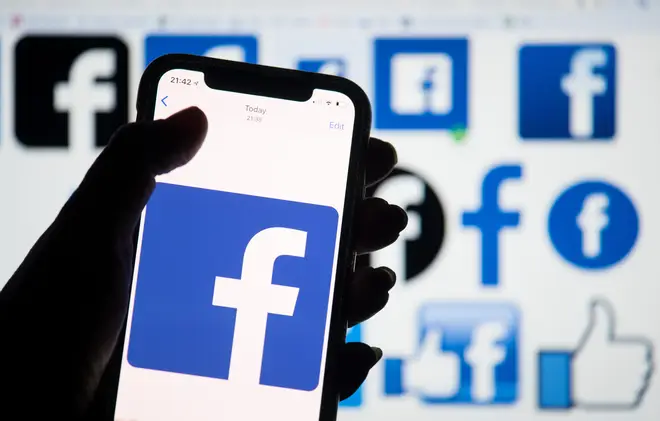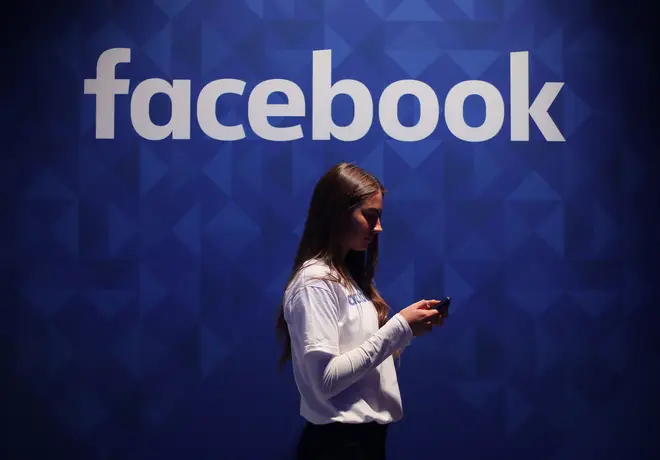
Lewis Goodall 10am - 12pm
21 October 2019, 23:23

Facebook has stepped up measures to fight the spread of fake news and disinformation at the next UK election.
The social network has said it will set up a dedicated operations centre if a general election is called. This would serve as an added layer of defence to monitor and remove activity that breaks its rules faster than it does at present.
From next week, adverts relating to social issues such as immigration, health and the environment will have to go through the same verification process as political adverts, which require advertisers to share who they are and where they live.
But regarding its new UK election security measures, Facebook maintains that as a private company, it is "simply not appropriate" for them to be "setting the rules of the game or calling the shots".
Writing in the Daily Telegraph, Facebook's vice president of policy solutions, Richard Allan, said new rules for the era of digital campaigning need to be decided by Parliament and regulators.
"For instance, we do not believe it should be our [Facebook's] role to fact check or judge the veracity of what politicians say - not least since political speech is heavily scrutinised by the media and our democratic processes," Mr Allan said.

He continued: "UK electoral law needs to be brought into the 21st century to give clarity to everyone - political parties, candidates and the platforms they use to promote their campaigns.
"The law may not be changed before Britain goes to the polls again, but we are determined to play our part in protecting elections from interference by making our platform more secure and political advertising more transparent," he said.
Separately Facebook announced plans for the 2020 US Presidential vote, including a way to track how much each candidate spends on Facebook ads.
Facebook's cyber security also said it had removed so-called co-ordinated inauthentic behaviour from Iran and Russia, targeting the US, North Africa and Latin America earlier on Monday.
From next month, Facebook said it will start labelling media outlets that are completely or partially under the editorial control of their government, as state-controlled media.